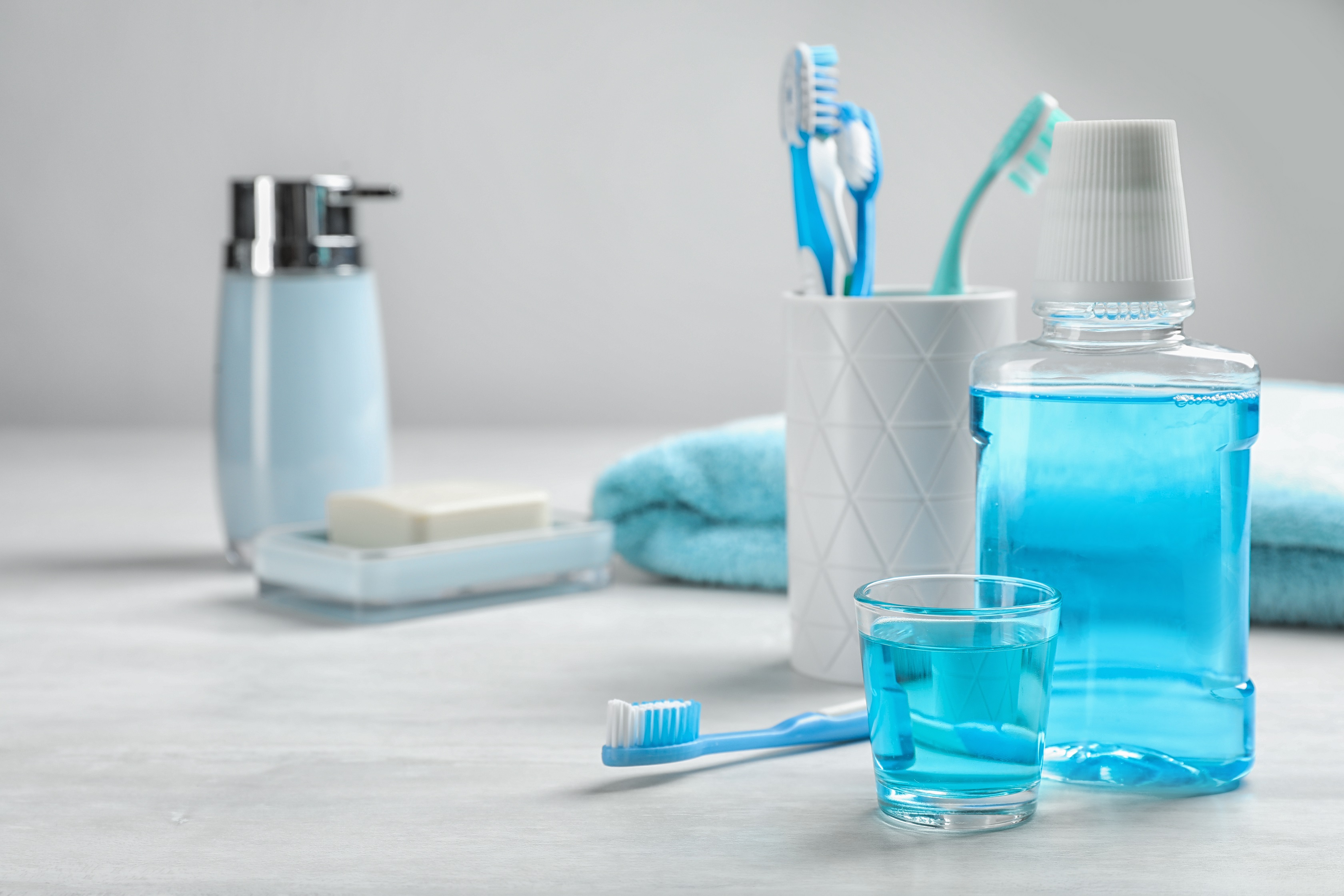The Ultimate Guide to Choosing the Best Oral Hygiene Products
Introduction
When it comes to oral hygiene, choosing the best products is essential for maintaining a healthy and beautiful smile. With the wide array of options available in the market, finding the right oral hygiene products can be overwhelming. This comprehensive guide aims to simplify the process and help you make informed decisions for your oral care routine.
Understanding Your Oral Health Needs
Before diving into the world of oral hygiene products, it is crucial to understand your specific oral health needs. Every individual has unique requirements, and selecting products tailored to your needs will yield the best results.
1. Assessing Your Oral Health
Start by evaluating the current state of your oral health. Consider factors such as tooth sensitivity, gum health, and any specific concerns you may have, such as teeth whitening or cavity prevention.
2. Consulting a Dental Professional
It is always advisable to consult with a dental professional who can provide personalized recommendations based on your oral health condition. They can help identify any underlying issues and suggest suitable products to address them.
The Essential Oral Hygiene Products
Now that you have a better understanding of your oral health needs, let’s explore the essential oral hygiene products that should be a part of your daily routine:
1. Toothbrush
A toothbrush is the cornerstone of oral hygiene. Opt for a soft-bristled brush with a comfortable grip. Replace your toothbrush every three to four months, or sooner if the bristles become frayed.
2. Toothpaste
Choose a toothpaste that contains fluoride, as it helps prevent tooth decay. Consider additional features like tartar control, teeth whitening, or desensitizing properties based on your specific needs.
3. Dental Floss
Dental floss is essential for cleaning between teeth and along the gumline. There are various types available, including traditional floss, floss picks, and water flossers. Find the one that suits your preference and effectively removes plaque.
4. Mouthwash
Mouthwash can freshen your breath and provide additional protection against cavities and gum disease. Look for mouthwashes with antibacterial properties and fluoride content.
Frequently Asked Questions (FAQs)
Q: How often should I replace my toothbrush?
A: It is recommended to replace your toothbrush every three to four months or sooner if the bristles are frayed. An old toothbrush may not effectively clean your teeth and can harbor bacteria.
Q: What type of toothpaste is best for sensitive teeth?
A: Toothpaste specifically formulated for sensitive teeth, often containing ingredients like potassium nitrate or strontium chloride, can help alleviate tooth sensitivity. Consult with your dentist to find the most suitable option for you.
Q: Can mouthwash replace brushing and flossing?
A: No, mouthwash cannot replace proper brushing and flossing. While mouthwash can provide additional benefits, it is essential to brush your teeth at least twice a day and floss daily to remove plaque and maintain optimal oral health.
Q: Are electric toothbrushes better than manual ones?
A: Electric toothbrushes can be more effective at removing plaque and reducing gum inflammation compared to manual brushes. However, both types can be equally effective if used correctly with proper technique.
Conclusion
Choosing the best oral hygiene products is vital for maintaining a healthy smile and preventing oral issues. By understanding your specific oral health needs and consulting with a dental professional, you can make informed decisions. Remember to prioritize regular brushing, flossing, and dental check-ups for optimal oral hygiene.
For more information on selecting the best oral hygiene products, you can visit this comprehensive guide.




